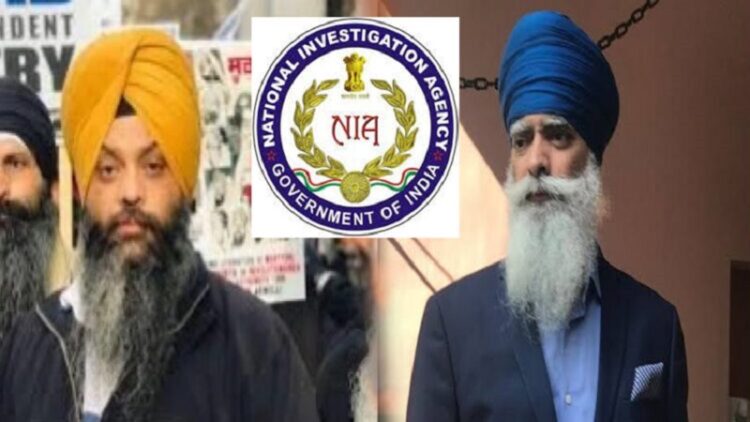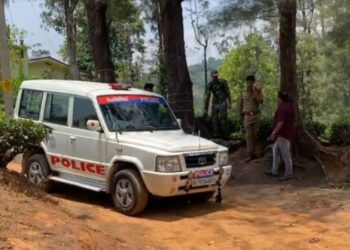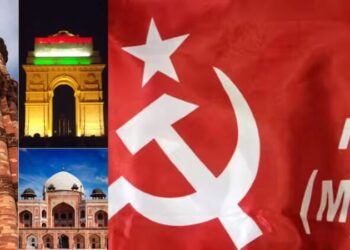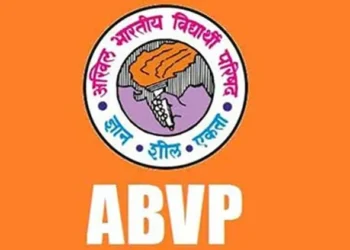Patiala: On August 1, the Indian chapter of the controversial UK-based NGO Khalsa Aid found themselves under scrutiny as the National Investigation Agency (NIA) carried out raids on two affiliated premises. The coordinated operations took place in Rishi Colony and a residence at Shera Wala Gate in Patiala, Punjab. Commencing at 6 AM, the raids persisted until the afternoon hours.
In a simultaneous effort, the NIA conducted additional searches in various districts, including Amritsar, Mohali, and Muktsar. A significant focus of the operations was the residence of Paramjit Singh Pamma, an alleged member of the Khalistan Tiger Force (KTF), situated in Phase 3B2, Mohali. The NIA team arrived at Pamma’s residence at 6 AM and concluded their presence by 10:30 AM. During the course of the operation, Pamma’s parents were subjected to questioning by the officials.
Pamma stands as a prominent figure on the NIA’s most-wanted list due to his alleged involvement in multiple acts of terrorism, including the assassination of Rulda Singh, the president of Rashtriya Sikh Sangat—an affiliate organisation of the Rashtriya Swayamsevak Sangh (RSS). Singh was fatally shot in Patiala in August 2009.
A spokesperson for Khalsa Aid expressed uncertainty regarding the motives behind the NIA’s actions. The focus of the questioning was primarily directed at Amarpreet Singh and members of his family. Notably, while the Patiala Police were present during the NIA’s operations, they did not partake in the interrogation process.
In an official statement, Amarpreet Singh affirmed his cooperation with NIA officials, asserting that he provided answers to all queries posed. He has been summoned to appear at the NIA office in Delhi on August 3rd. During the interrogation, NIA officials inquired about Khalsa Aid’s potential involvement in activities deemed detrimental to the nation’s interests. Funding sources and volunteer participation were also subjects of inquiry. Amarpreet Singh has been instructed to bring relevant Khalsa Aid documents for review by the NIA. As part of the operation, the officials confiscated Singh’s mobile phone and certain documents associated with Khalsa Aid. Singh expressed concerns that such actions by the investigative agencies could potentially dampen the spirits of dedicated Khalsa Aid volunteers actively engaged in altruistic endeavours.
Amidst the 2021 farmer protests, the activities of Khalsa Aid attracted the attention of the National Investigation Agency (NIA) after a case was filed against Sikhs for Justice (SFJ) under the Unlawful Activities (Prevention) Act (UAPA). The SFJ was accused of channelling financial resources into the farmer protests through non-governmental organisations (NGOs) as part of its advocacy for the “Referendum 2020,” which called for the establishment of an independent Sikh state.
While the demonstrations, which aimed to oppose the now-repealed trio of agricultural laws, unfolded along the borders of Delhi, the NIA issued summonses to representatives of Khalsa Aid and various other individuals. This group encompassed leaders of farmer unions, farmers themselves, activists, and journalists hailing from Punjab and Haryana. The planned appearances were, however, postponed due to the ongoing protests.
Ravi Singh, the head of Khalsa Aid, is recognized for his unwavering support for the Khalistan movement and has consistently voiced criticisms against the government of India.














Comments